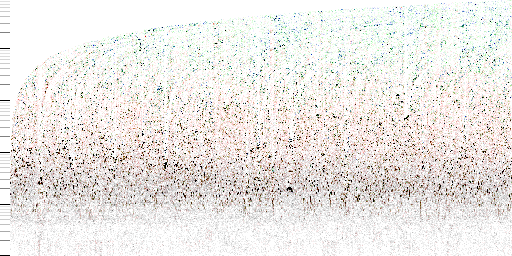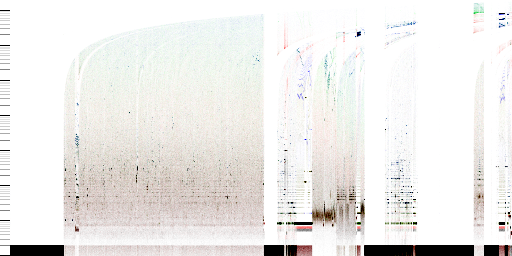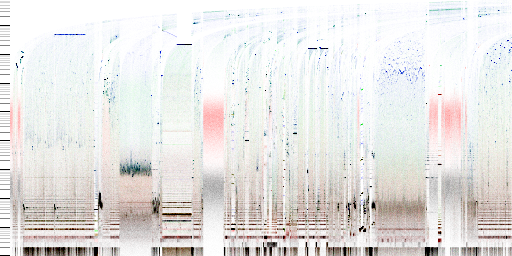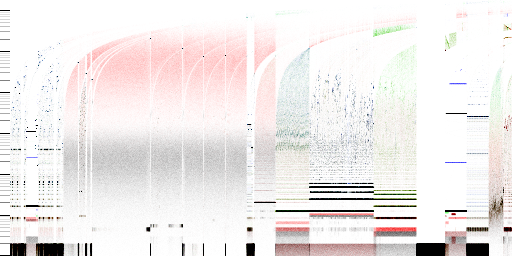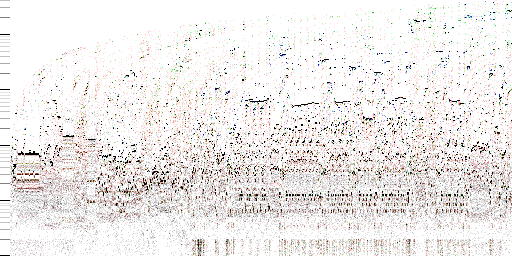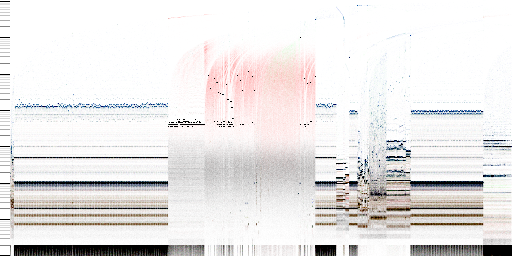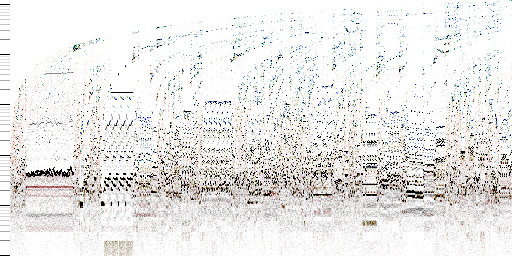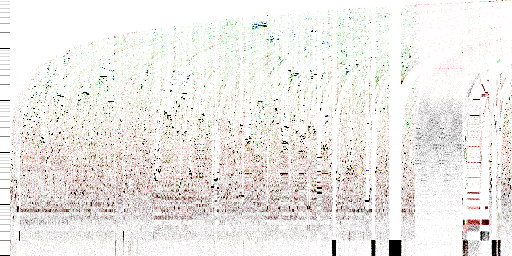While I was working on the Squash Benchmark I noticed that the existing corpora for data compression are, in my opinion, not an accurate representation of the types of things people typically use compression for. This means that codecs are developed and benchmarked using data which is very different from what we see used in practice.
This project is an effort to compile a new corpus which is targeted at modern mainstream use cases. If you have a use case, or would like to suggest data for one, please use the issue tracker to let us know.
Most people probably don't have many large plain text files (things like books) that they need to compress, but most existing corpora are rife with them. On the other hand, they probably do have things like office documents (ODF/OOXML), PDFs, log files, data from games, JSON data, etc., which are woefully underrepresented.
Rather that just selecting data which is easy to acquire (and legally redistribute), we should decide what to include then find an appropriate source.
There are several groups who have massive data sets and are major users of compression software. For example, DNA, geological data, medical images, etc. These users can and should create their own tests with their data (Squash even makes this easy!)—this corpus is not for them. I'm willing to help create something for them, but this corpus is for the 99%.
Note that this doesn't mean it is targeted at the things most people think of when they think of compression (e.g., zipping up a few files so they are easier to e-mail). Compression often occurs on the user's behalf without them even being aware—for example: browsing the web, log files, RPC messages, data files for games, etc.
It's easy to get carried away and try to include multiple versions of lots of different types of data, and while that can be great for people writing compression codecs, it can be a bit overwhelming for people writing benchmarks as and the people trying to interpret the results. This corpus should contain no more than 25 (preferably 15-20) pieces of data.
That said, it would be reasonable to put together a large corpus from which to select the final corpus. This larger corpus could still be made available to people who would benefit from it (such as those developing compression codecs).
Some pieces of data, such as database backups, can be quite large but others, such as JSON used for RPC or PubSub, are small. Data should be as accurate to real-world uses as we can make it, including how much of it there is.
We should involve people from various communities early in the process to make sure our data is relevant to their needs. Examples include (but are not limited to):
- Mobile developers
- Game developers
- System administrators
Some people want to be able to create a tarball of the whole corpus and compress that, then present a single number for the result as representative of the entire dataset. I don't believe this is feasible, and it is in conflict with other goals. This corpus will not be designed to be used like that, and you should view any attempts to do so with a great deal of skepticism.
Currently, the issue tracker is the preferred location for public discussion. If you prefer, you can also use the #squash IRC channel on freenode. If there is demand I can create a mailing list.
I'm also willing to discuss issues privately via e-mail, but please keep in mind that all data for the corpus needs to be public.
Data selection is currently in progress, everything here is subject to change.
| Name | Type | Size |
|---|---|---|
| jquery-2.1.4.min.js | JavaScript | 84 KiB |
| vmlinux-4.2.6-300.fc23.x86_64 | x86_64 machine code | 15 MiB |
| raspbian-jessie-lite-20151121.tar | Mixed; Linux distribution | 723 MiB |
| random | Random | 8 MiB |
| girl-brunette.blend | 3D model | 1.7 MiB |
| eff.html | HTML | 44 KiB |
| MG44-MathGuide.tar | Open Document Format | 11 MiB |
| bootstrap-3.3.6.min.css | CSS | 120 KiB |
| Total | 756 MiB |
Version 2.1.4 of jQuery, which is probably the most popular JavaScript library. This is minified, and should be pretty close to what most JavaScript used on the web looks like these days.
jQuery is licensed under the MIT license; redistribution is not an issue.
This is a kernel image based on the vmlinuz-4.2.6-300.fc23.x86_64
which I happen to be running right now. I simply used the
extract-vmlinux script to extract the uncompressed kernel.
This should be a decent example of machine code.
This is a Linux kernel, licensed under the GPLv2. Redistribition is not an issue.
I started with Raspbian Jessie Lite (2015-11-21), and mounted the root partition, deleted /var/cache/apt/archives/*.deb (Debian packages are comperssed archives). Then I created a tarball of the remaining files.
Raspbian is based on Debian, and contains components under many different licenses, but it is freely redistributable.
8 MiB of random data collected from /dev/urandom with a Linux 4.2.6 kernel on x86_64 (the same one from vmlinux-4.2.6-300.fc23.x86_64).
It's just the output from a PRNG, shouldn't be a problem
Blender 3D model of a young woman, downloaded from Clara.io.
©2014-2015 Jason Shoumar. Licensed under the Creative Commons BY-SA 3.0 license.
The Electronic Frontier Foundation's index page, as retrieved on 2015-12-03.
Licensed under the Creative Commons BY 3.0 US.
LibreOffice Math 4.4 User Guide in ODF, unzipped then added to a tarball.
© 2012–2015, dual-licensed under GPLv3+ / CC-BY 4.0.
The CSS from version 3.3.6 of the extremely popular bootstrap project.
© 2011-2015 Twitter, Inc., MIT-licensed.
zlib compiled to WebAssembly's binary format.
Licensed under the zlib license.
Existing corpora, which this project aims to largerly replace, includes:
- Large Text Compression Benchmark (2006)
- Silesa Compression Corpus (2003)
- Canterbury Corpus (1997)
- Calgary Corpus (1987)
